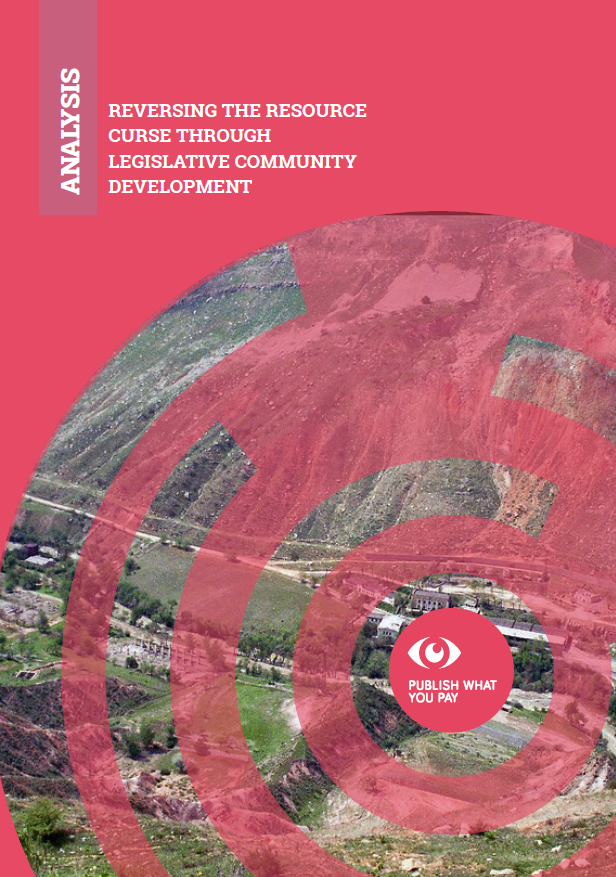Can we “reverse the resource curse” through legislative community development? This analyse, written by Brendan Schwartz, Kristi Disney Bruckner and Ahamadou Maiga for PWYP, gives crucial keys to answer this question.
Despite decades of research and action to “reverse the resource curse”, progress has generally been mooted. Natural resource extraction continues to underperform its potential development function—especially in commodity-dependent countries in Africa, Latin America and Asia.
At the same time, communities and civil society organisations are mobilizing to reshape the landscape of mineral extraction in many different ways. While some advocacy campaigns have demanded a stop to mining, others aim to derive greater benefits for mining-impacted communities and mineral-rich countries.
In response to these demands, government requirements for community development in the mining sector have risen exponentially over the last 15 years. Much of the existing literature on this topic focuses on the Australian and Canadian contexts where they have been used in the mining sector for decades. However, they are quickly emerging as a legally-binding instrument in countries in the Global South.
Civil society organisations, academics, policy-makers and others need to collaborate to increase scrutiny of the mining sector’s local development mechanisms, in diverse geographies, in order to deliver evidence-based policy advice. This briefing note explores community development in the mining sector by looking at current trends in national legislation.











